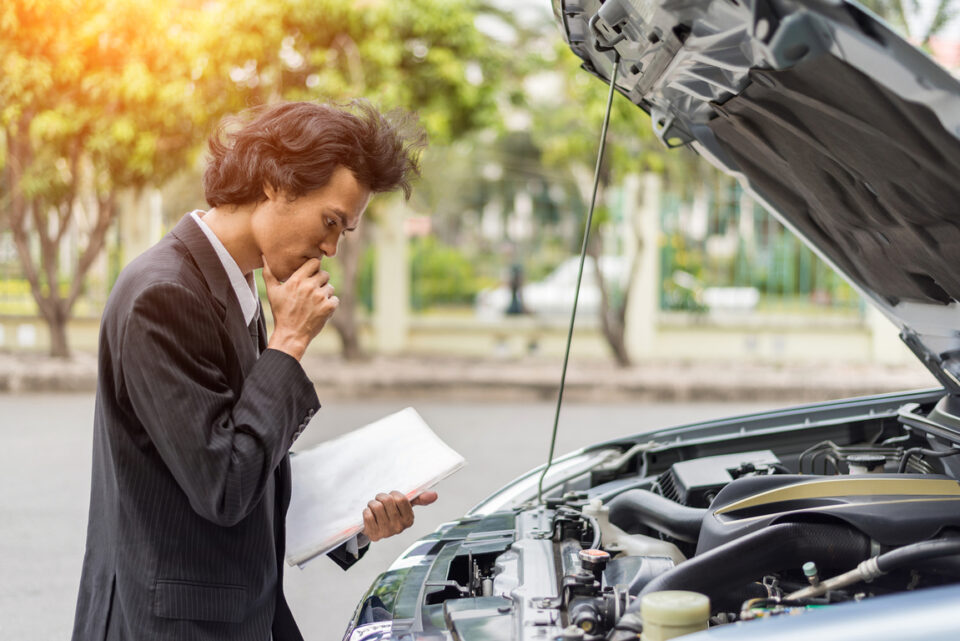Having car insurance is not an option; it’s the law. If you are at fault in a car accident, the auto liability coverage will help pay for losses incurred. The auto insurance requirements vary from state to state in the U.S. Some states even require you to have additional coverage like uninsured motorist coverage or personal injury protection. If you spend a lot of time out on the road, increasing your coverage to exceed the state’s minimum is the smart thing to do. This decision will come in handy if you cause a wreck that injures another driver and their medical bills exceed your current insurance limits.
Financial Protection
The most obvious thing is that liability coverage can help cover you for any costs associated with an accident. Without sufficient liability coverage, all these costs may be relatively high and will have to be borne out of pocket.
Your Lender May Require It
Whether you are looking for automotive financing or leasing, your lender may ask you to purchase collision coverage and comprehensive coverage to protect their investment. Gap insurance is usually optional, but it helps you pay off your car loan if the vehicle is totaled or stolen and you owe more than its depreciated value.
Avoid Spending on Repairs
Even if you own your vehicle, having coverage for collision and comprehensive coverage on your car insurance policy. While mandatory liability coverage helps pay for damage to another driver’s vehicle, comprehensive coverage may help pay for repairs or replacement if your car is stolen or damaged by a thunderstorm or fire and more. Regardless of fault, collision coverage may help pay to repair your vehicle if you hit another object or vehicle. Without it, you would need to pay for all repairs yourself.
You can’t put a price on the peace of mind you get from knowing you are protected in the event of an incident, so make sure to check your auto insurance options and purchase a suitable car insurance policy.

